
Talk for Pink Therapy Sex Works conference on 23rd March 2018
Welcome, my name is Maz Michael, I work as a freelance therapist in Brighton and I’m trained in Person Centred, CBT approach and EMDR modalities. It is my belief that, since the subject of embodiment (and by embodiment I mean who we are in a bodily context, particularly in relation to our sexual and gendered selves), since embodiment is typically lacking from most talking therapist training courses, this leaves talking therapists largely unprepared to engage in certain discussions with our clients for whom dialogues about embodiment could be therapeutically important.
In relation to this theme, the usefulness and relevance of embodiment training for talking therapists and clients, I occupy a number of spaces: I’m an accredited therapist, an Urban Tantra staff team member, a facilitator of bodily based breathwork practices and I identify as a non-binary trans person.
I hadn’t reflected too much on these various identities before because they feel like they naturally coexist, in the same way that the mind and the body co-exist. Yet I know that the idea of a talking therapist also being a sex positive, body positive training course member and a facilitator is somewhat contentious. Because of my own experiences of embodiment and my professional interest in this area, I have focussed this talk primarily on why I think courses like Urban Tantra (and I will explain in a minute what Urban Tantra is) why such courses could be useful for gender non-conforming people and for the therapists who work with them, although I do think that such training can be useful for many other people too.
So, this is where I’m drawing from, I work therapeutically with people in different ways, and in addition to my talking therapy trainings, I am trained as a rebirthing breathwork practitioner (rebirthing breathwork is a type of breathing that uses breath to release distress and trauma). I am also trained in facilitating an erotic breathwork practice, sometimes known as the Firebreath, as taught on the Urban Tantra program. Neither of these breathwork practices involves any touch or nudity and, as such, I do not work hands on with any clients but I have taught these breathwork practices to individuals and groups. I do not, however, offer breathwork experiences to talking therapy clients or vice versa.
In deciding how to approach this talk, I’ve drawn from my own attempts to find safe and supportive embodiment courses in which I can explore my own, sexual, spiritual self. Frustratingly, on this journey, I’ve often been met with conventional ideas about gender, such as the assumption that genitals equal gender, i.e. that a person with a penis must be a man and a person with a vagina must a female and that there are only two genders i.e. that gender is a binary of male and female. I have sometimes felt embarrassed and self-conscious on some embodiment courses because of these simplistic assumptions about gender and my uncomfortableness and anger has motivated me to remain in that world but with the hope that my presence on some Urban Tantra training can help other gender non-conforming people to feel that they may find a place of belonging there too.
In the same way that most tantra type training fails to understand and accommodate the needs of gender diverse people, so too out in the world this is often the case. Gender non-conforming people are regularly under attack for self-defining our gender and I feel that there is something especially harsh about the fact that the very places that we might find sanctuary from the discriminatory world and experience pleasure in our bodies are too often places that further alienate. As Canadian Sexological Bodywork trainer, Caffyn Jesse, states: ‘’The massage studio can be a safe haven where a gender pioneer can relax into embodied exploration. Or it can be another piece of oppression.’’ (Erotic Massage for Healing and Pleasure.p137)
So, I believe that most talking therapist training and most embodiment training have something in common, they invariably fail to understand and to accommodate the needs of gender non-conforming people. One of the few embodiment training spaces where I have found that this is not the case is Urban Tantra.
So what is Urban Tantra?
The term was coined by American Sex Educator, Barbara Carrellas. In her workshops, professional training and books, Barbara does not especially privilege genital touch or sensation but instead looks at the capacity that the whole body possesses to experience erotic pleasure. Barbara also makes links between tantra and consensual BDSM practices as both she says utilise ‘’a powerful dynamic for erotic or spiritual purposes’’ (Urban Tantra.p 202). Barbara also teaches erotic breathwork practices that do not require genital stimulation. The focus on the breath and the whole body, as distinct from the genitals alone, as a potential source of pleasure, has obvious advantages for anyone who does not want or cannot have genitally based sex. Like with the professional therapy code of ethics, Urban Tantra similarly has a set of values that participants and graduates are expected to adhere to which include: Consent between people as an ongoing agreement which can be modified or withdrawn at any point, a strict Safer Sex protocol and the welcoming of people of all genders, sexual orientations, sexual preferences. Barbara’s interest in breathing and in the whole body, as distinct from the genitals alone, as a potential source of pleasure emerged during the 80’s when the AIDS epidemic exploded in America and, as a result, the need for a safer form of sexuality was vital; so, UT has queer roots.
So why might training like Urban Tantra be useful for gender diverse people?
Gender diverse people inhabit bodies that are marginalised by society and more so, of course, if that gender diverse body is differently abled or a person of colour’s body or, indeed, a working-class person’s body. Trans bodies are strangely both de-sexualised and hyper-sexualised. De-sexualisation of our bodies occurs I believe when the body is framed exclusively medical terms i.e. the body as the recipient of hormones and/or surgery. Hyper-sexualisation of certain trans bodies is obvious, for example, as in porn that features ‘’chicks with dicks’’. Trans author and activist, Kate Bornstein states that the trans body is viewed with both revulsion and desire (Gender Outlaw page 93).
So, gender diverse people are both off limits and on limits, we can be asked about our bodies anytime; I once read some assessment notes in which an assessor had asked a trans person ‘what stage of transition are you at?’ when, in fact, the prospective client, who was transmasculine and had a full beard, was not wanting therapy for anything to do with them being trans. Can you imagine for one minute in a therapy assessment a cis-gendered client (that is a client whose gender identity corresponds to their birth sex), can you image them being asked out of the blue and totally irrelevant to their presenting issue: ‘What does your naked body look like, especially your chest/breasts and genitals?’
Given the societal ambivalence about trans bodies, I believe that the very decision to announce ones trans identity is a profound act of self-actualisation as is the courage to challenge normative notions of embodiment (and I will talk a little bit about that in a minute). Typically, self-actualisation is regarded as a psychological process that is facilitated by psychological means exclusively and yet bodywork courses can help all people to self-actualise just like good psychological therapists can. I think in some ways that good embodiment trainings are good because they have the capacity and willingness to offer the Core Conditions especially that of Unconditional Positive Regard i.e. they do not judge the participant nor impose reality from the outside but rather they adopt an open, excited and inquisitive stance towards each participant and are ready to be led by them. In Urban Tantra training, Barbara Carrellas delivers an Erotic Awakening massage for gender non-conforming people. This massage is totally guided by the recipient, the recipient is asked what names if any they may have for their body parts, what body parts are off limits if any. This is an erotic touch that led by the subjective experiencing of the recipient. This approach fosters the idea that each person will be the best expert on their body and their capacity to generate and experience erotic pleasure.
Trans people are sometimes wonderfully creative beings and often we have had to be in order to find ways to navigate this societal ambivalence towards our bodies. Sometimes we challenge the very notion of the body: we may rename our genitals not as penis and vagina but as something else completely. What we mean by genitals may not even be the physical flesh at all; for example, genitals may mean the use of prosthetics, dildoes and I have worked with a number gender non-conforming clients who have spoken about of the importance of clothing as it relates to their sense of body. For some trans people, the body may be experienced more as an energetic phenomenon than as the physical flesh.
In her 2016 survey entitled: How Trans Women, Trans Men and People of Nonbinary Gender Experience their Genitals, Barbara Carrellas found that the majority of respondents experienced ‘’energy genitals’’, that is, the sensation of having genitals in a different size, shape or configuration than the ones grown by one’s own body.
And in their book, Trans like me, academic, musician and activist, C.N. Lester, who is non-binary, trans-identified mentions the term the ‘’proprioceptive body’’ proprioception means the ‘perception or awareness of the position and movement of the body in space’’, it is a sort of ‘’sensory map’’. In other words, it refers to a body that is not physical flesh and in this regards it could be seen as a similar to the idea of energy genitals; for some trans people, the sensed body is more real than what is there in a physical form. On the subject of the body, queer author, Sassafras Lowry, states: ‘’I’ve gazed on as dysphoria dissipated under the realisation that body need not be flesh I was born with, that body need not be made of skin at all’’. In Urban Tantra training the clothed body might be understood as more congruent than the naked body for some people. So, clothing/costume/prosthetics/breathwork/energy work is welcomed and encouraged as they can all be ways of experiencing the erotic body. Within this framework, clothing becomes expression rather than concealment. This is contrary to most embodiment training that tend to privilege full or partial nudity and tactile contact over energetic arousal.
I want to talk a bit about self-pleasure, masturbation…
I have worked with gender non-conforming clients who have talked about how self-pleasure, is hugely therapeutic for them. Sometimes clients talk about depression and anxiety lifting as a result of self-pleasuring and that they feel more human, less dysphoric, I need to be able to dialogue with such clients there in their expression; masturbation can be an act that promotes personal well-being and I as a therapist should not stand in the way of this client’s exploration by avoiding such conversations. As Latinx activist and artist, Ignacio Rivera states: ‘’Positive or radical sexuality begins from within…it is the sexual place that allows you to feel comfort, have agency..this is radical because it is reclaiming one’s body that has been probed by society and the state. It is power and that transcends into supporting mental health, healthy relationships and self-esteem.’’.
A unique feature of UT is that it encourages participants to create from the material of their own lives, to develop erotic spaces and practices based on our own needs and own imaginations rather than to follow a prescribed formula. After I got frustrated at the narrowness and exclusivity of embodied workshops and trainings I didn’t want to keep feeling excluded and self-conscious but also wanted to experience some kind of sharing of erotic space with my fellow queers. As such, I had the idea of starting a non-binary trans self-pleasure group with a number of friends of mine because I couldn’t find what I wanted out in the world of embodiment courses because of the assumptions made about my gender. One of the many realisations from this group is that how we experience self -pleasure is as varied as the number of us in the group. What has happened in this group is that we have learned to trust our expression of our sexuality in the company of each other. I think such groups, which are not really new, (Betty Dodson started masturbation workshops for women back in the 1960s) such groups can help people, particularly people from marginalised intersections, to let go of what we carry in the world at least for a time. Such groups can act as a stepping stone for erotic intimacy with another or just be complete in themselves. Urban Tantra courses typically create for a short time a similar space a queer-affirming space and the support for participants to then go forward and to birth into the world what we envision based on our own knowledge and experience.
I wonder how we can talk about depression or anxiety, as it may manifest for anyone, without also considering that person’s embodied reality and their relationship to their sexuality or asexuality? As for talking therapists, if we are not willing to explore embodiment with our clients, I believe we are severely limiting our therapeutic usefulness to many clients, especially many trans clients. I am not saying that all trans clients will always have a problematic relationship with our bodies, but I am saying that whilst the body is present for everyone and will inform everyone’s narratives about who we are to a greater or lesser extent, it is more a point of reference for trans clients because of the creative inter-relationship between the mind and the body that is a defining feature of trans experience. Embodiment is a hugely significant factor in trans experience and, as such, this calls for us as psychological therapists to move beyond the notion of only allowing themes of sex and embodiment into the therapy room if it’s about sexual abuse, sex addiction or sexual dysfunction or indeed if we are trained specifically as psychosexual therapist. At the time of writing this, I glanced at the latest copy of Therapy Today (the BACP monthly journal) to see if there were any references to sex. This is what I found: one ad. for ‘Sex and Porn Addiction training’, one ad. for ‘Workshop for survivors of sexual abuse..’, and two ads for training in Psychosexual therapy. What I think is missing is an atmosphere in the psychological therapy world in which pleasure in our embodiment and pleasure in our erotic arousal is regarded as a key therapeutic feature for many people.
I want to talk now a bit about why courses like UT could potentially be useful for psychological therapists. I’ve already identified the bias that I see within the therapy world, that of sex and embodiment as typically discussed only in relation to abuse or addiction. I know from my own experience and from what I’ve heard from others that most counselling training courses do not even teach about sexuality or embodiment unless they are specifically psychosexual trainings. I think that attending an Urban Tantra course could be personally and professionally very useful to a practising therapist. Last year I staffed at the UT professional training program in Sweden. The group comprised of approximately a 50/50 split of cis-gendered and gender non-conforming/nb/trans participants. Virtually all of the cis-gendered participants expressed their awareness of ways in which their sense of their own gender and embodiment had been informed by societal normativity and that when, as a result of the Urban Tantra training, they had had an experience of imagining other gender possibilities for themselves they found a profound sense of freedom. Barbara teaches what she calls the Gender Walk (it was invented by Barbara and her life partner Kate Bornstein). It involves taking a slow, very conscious walk from one side of a line over to the other side and into imagining a different gender experience. The gender walk plus spending 6 days with gender non-conforming people thinking about and experiencing embodiment exercises changed people’s assumptions about what gender is and can be. Gender is not, of course, only a theme for trans people, an exploration of our gendered selves (as well as other identities we claim) can be hugely beneficial for most people I feel. I also think that an exploration of our own sexual/erotic selves in a safe, supportive space can help us both personally and professionally as therapists.
In preparing this talk, I’ve been aware of my own working-class based anxieties throughout the process. My first thought, which has endured throughout this process, was fear that I’m not an academic, I can’t face a crowd of people and deliver something with academic soundness; but then I realised that I wasn’t being asked to deliver an academic paper but to speak at a conference called Sex Works and about the relationship between embodiment therapies and psychological therapies. Then another fear emerged, how would my therapy colleagues see me? Would I tell my work colleagues that I was doing this? How would they react? With embarrassment? Ridicule? Humour? Contempt? Then I realised that this was also related to being trans and of feeling other. Would I be viewed as a therapy freak for agreeing to do it? As I have said, I think we can’t really separate tension and anxiety from inhabiting bodies that are subject to oppression. As the queer photographer, writer and body image activist, Vivian McMaster, states of queer people ‘’We live tensely’’ as a result of our marginalised identities.
At the end of the day we are all trying to understand each other so being open to moving beyond the mind versus body binary is a step in that direction. Kate Bornstein states:
I think its time for us to use our status as Third (by which she means not simplistically male or female) to bring some harmony in the world. Like other border outlaws, trans people are here to open some doorway that has been closed off for a long time. (p127 gender outlaw).
The distinction between psychological therapy on the one side and
the embodied therapy on the other side is another false binary. I’ll end with two quotes from the excellent Queer Body Love interview series (and if you haven’t checked out QBL please do, it’s the creation of Elizabeth Cooper): the first quote is from that series and is from author, artist and activist: Sonia Renee Taylor: ‘’radical self-love is the unencumbered understanding of my worth, health and divinity, the thoughts that counter that are not mine and I am not obligated to keep them’’.
The second quote is also from the Queer Body Love interview series and is a self-defined Somatic Teacher of Erotic Possibilities and social justice warrior, M’kali-Hashiki, on challenging the theme of self-care as simply indulgence:
once society tells you that it is not safe to be in your body then what’s the benefit to being in the body? I don’t want to be a target. Maybe I get some relief from enjoying this targeted body
I believe we all have the right to enjoy our bodies and that embodiment training and workshops can be equally therapeutic to most people. I hope that this talk has been useful.
Copyright, 2018. Maz Michael
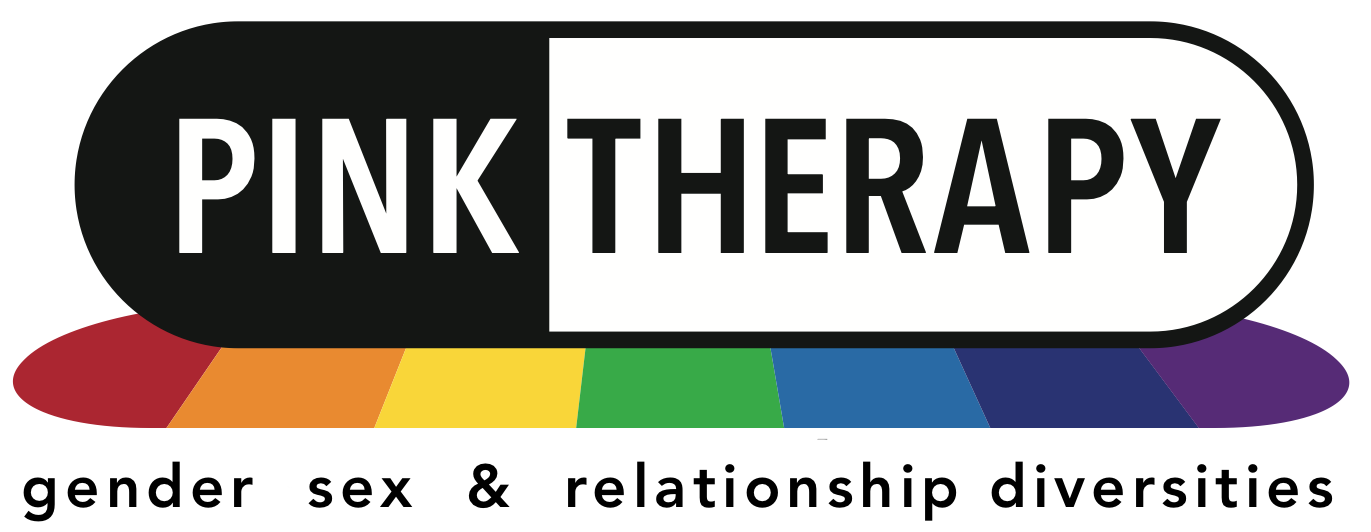
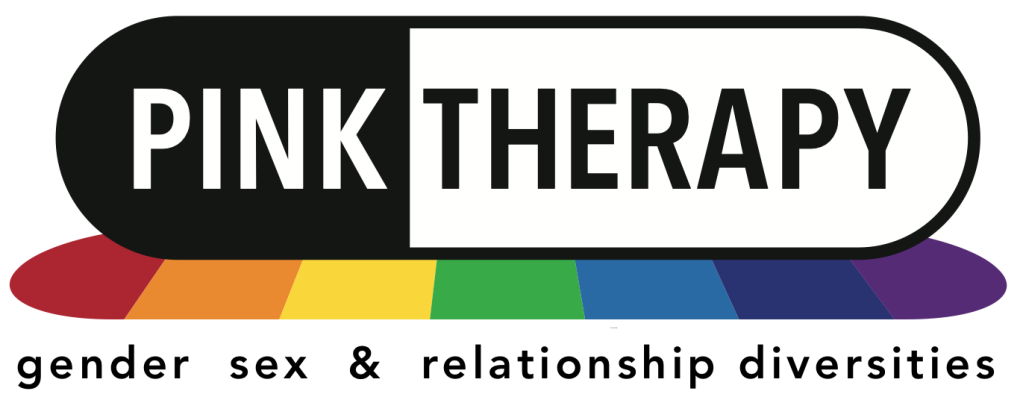

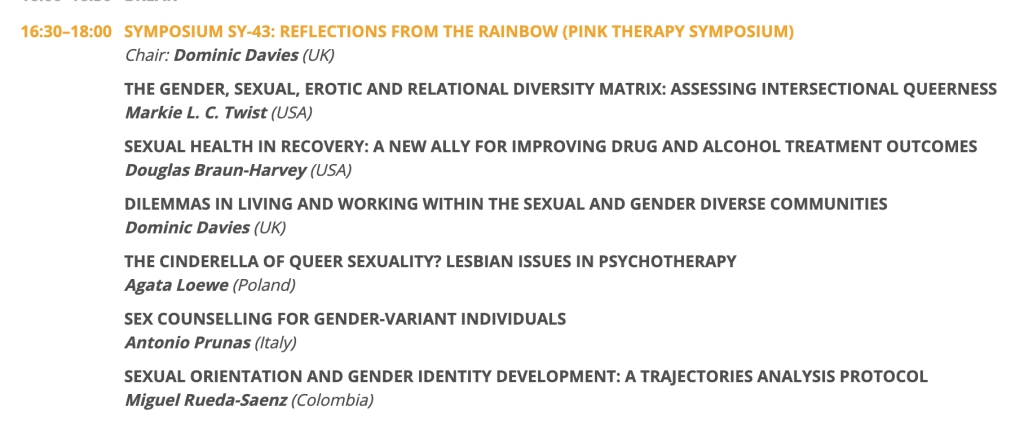
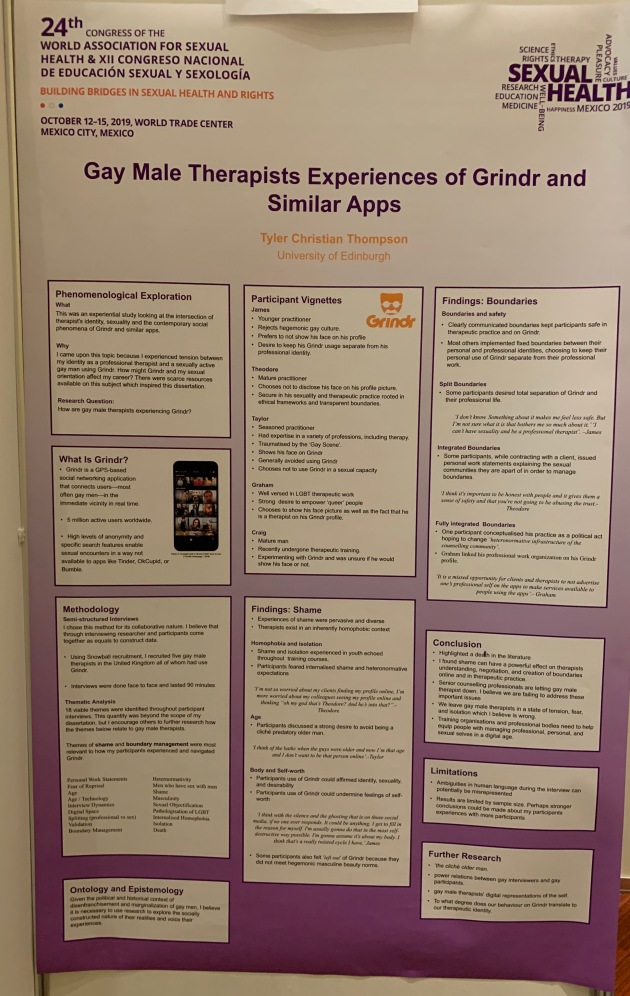

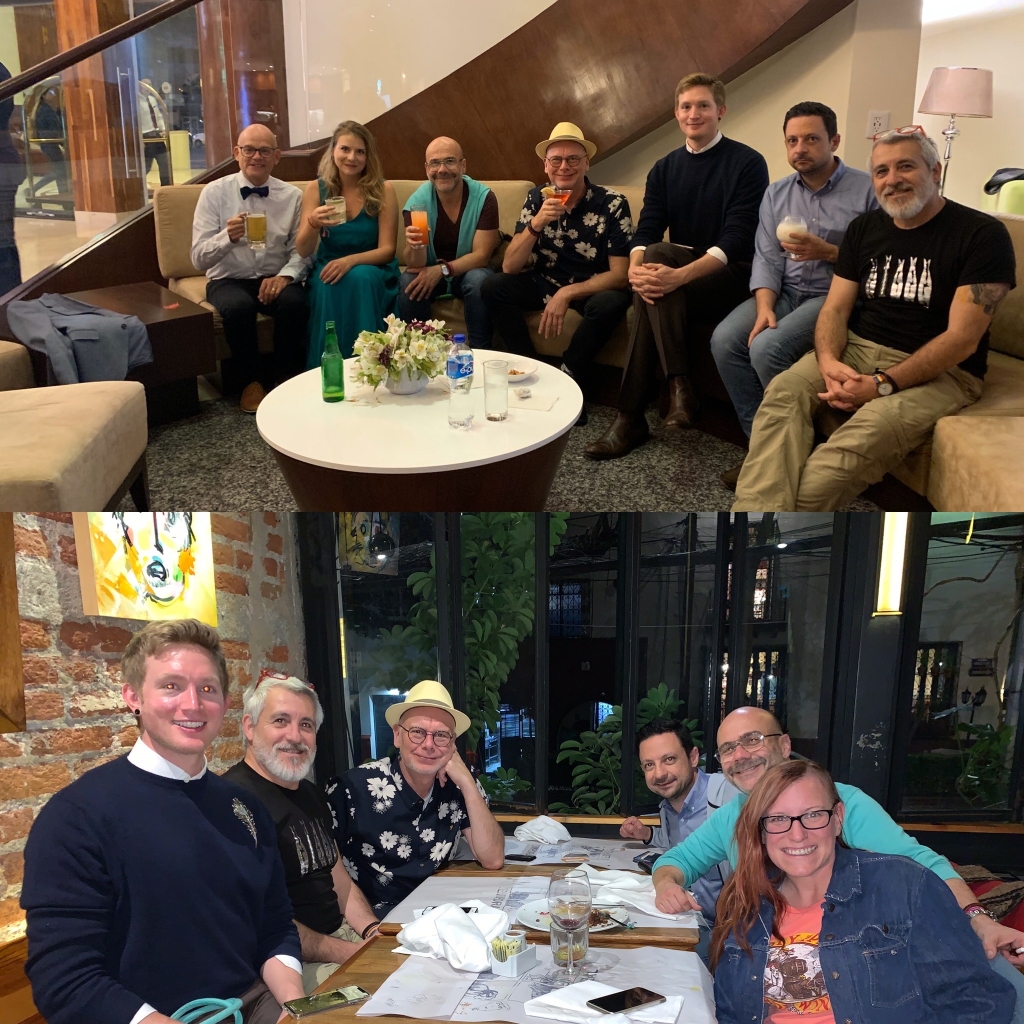
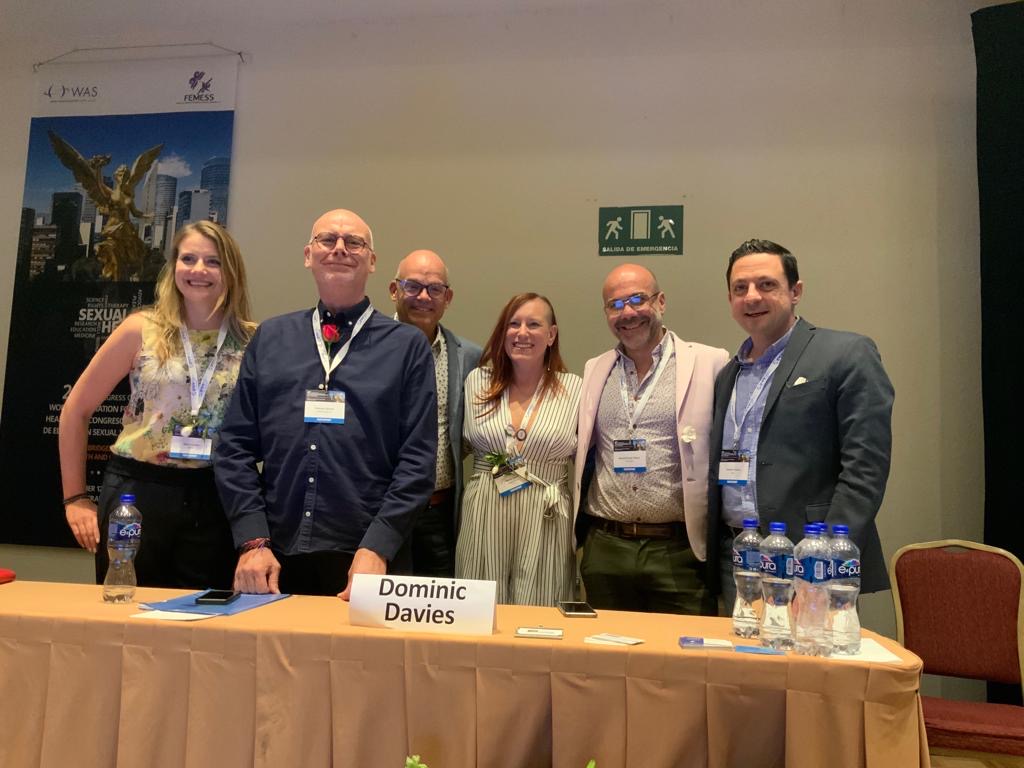
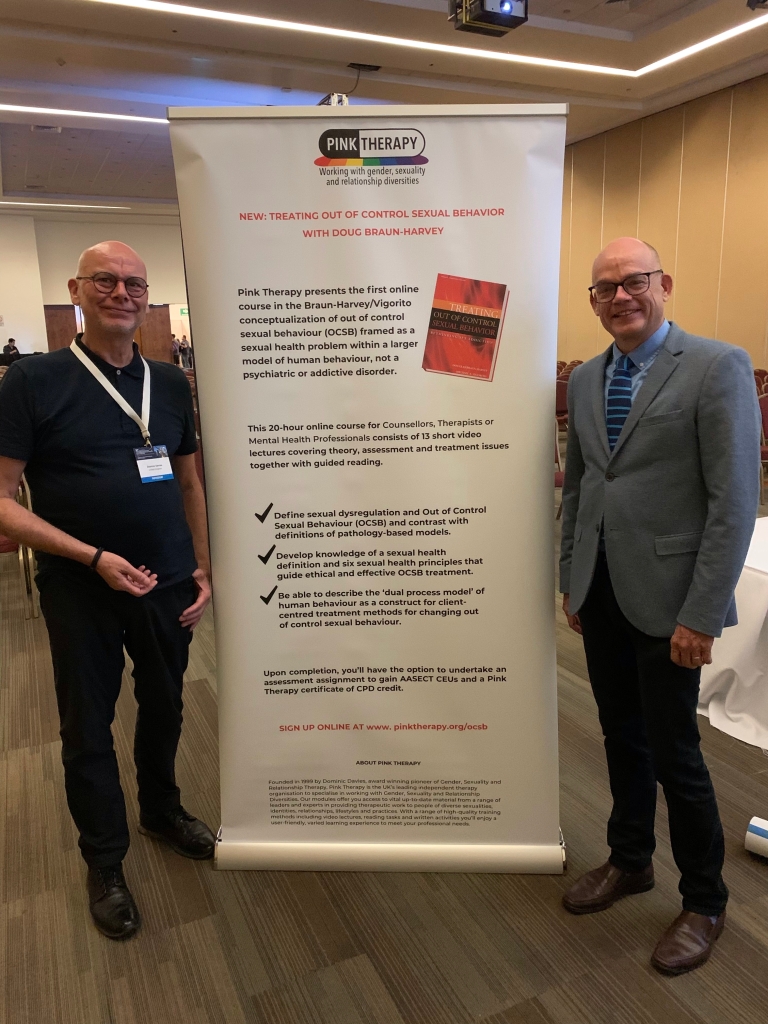
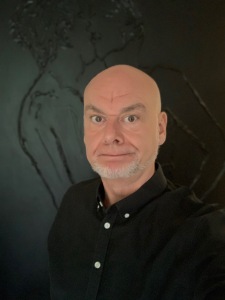
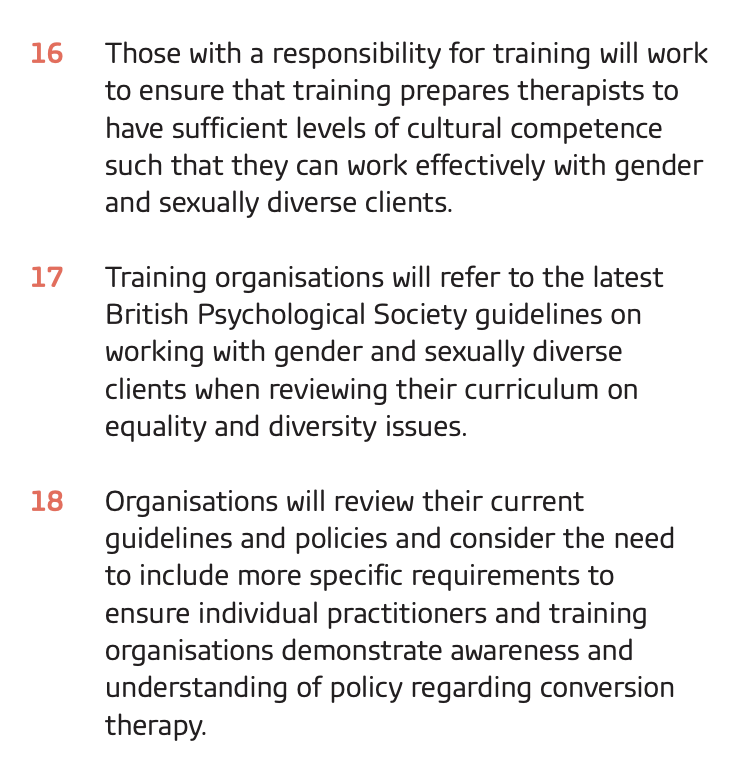
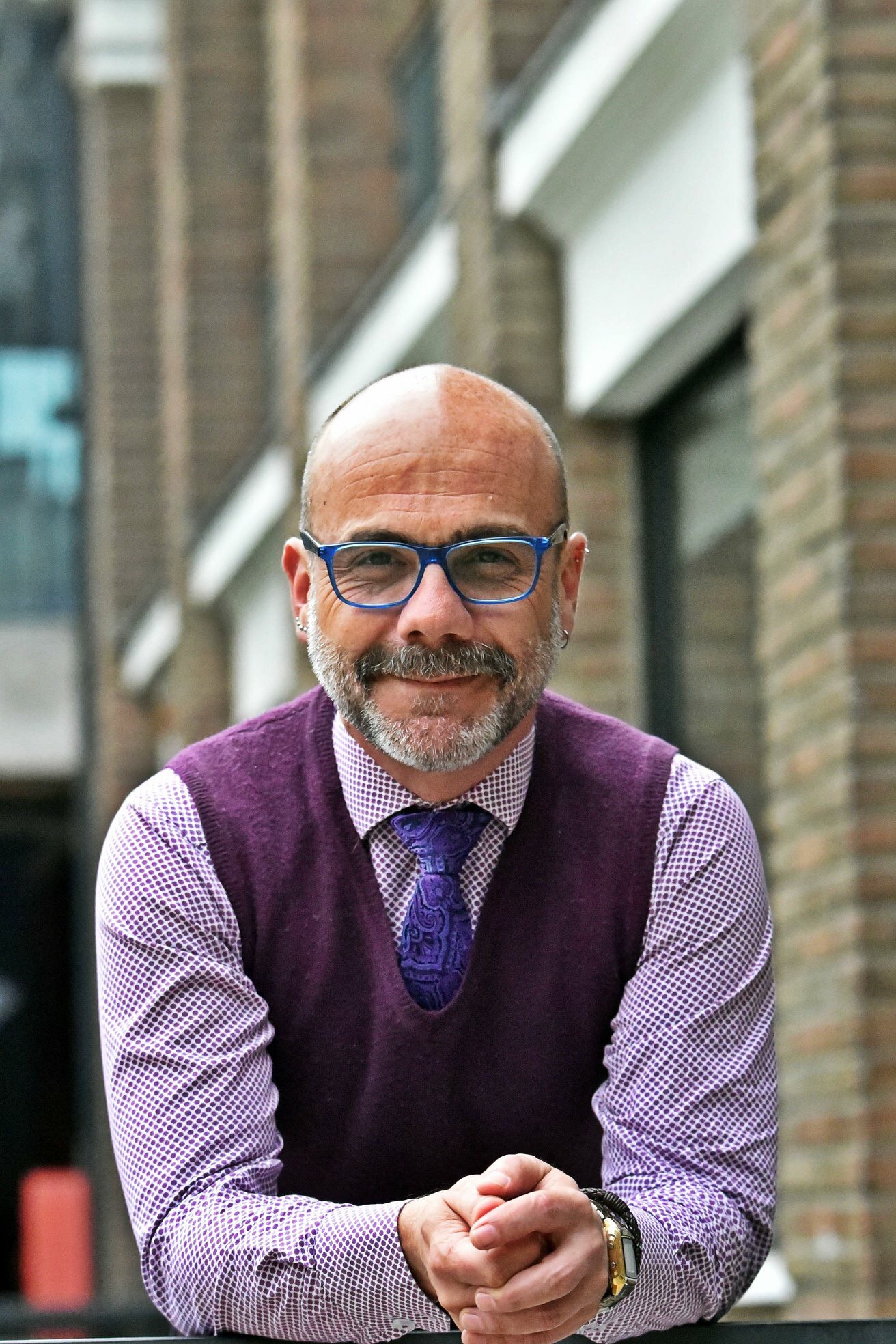

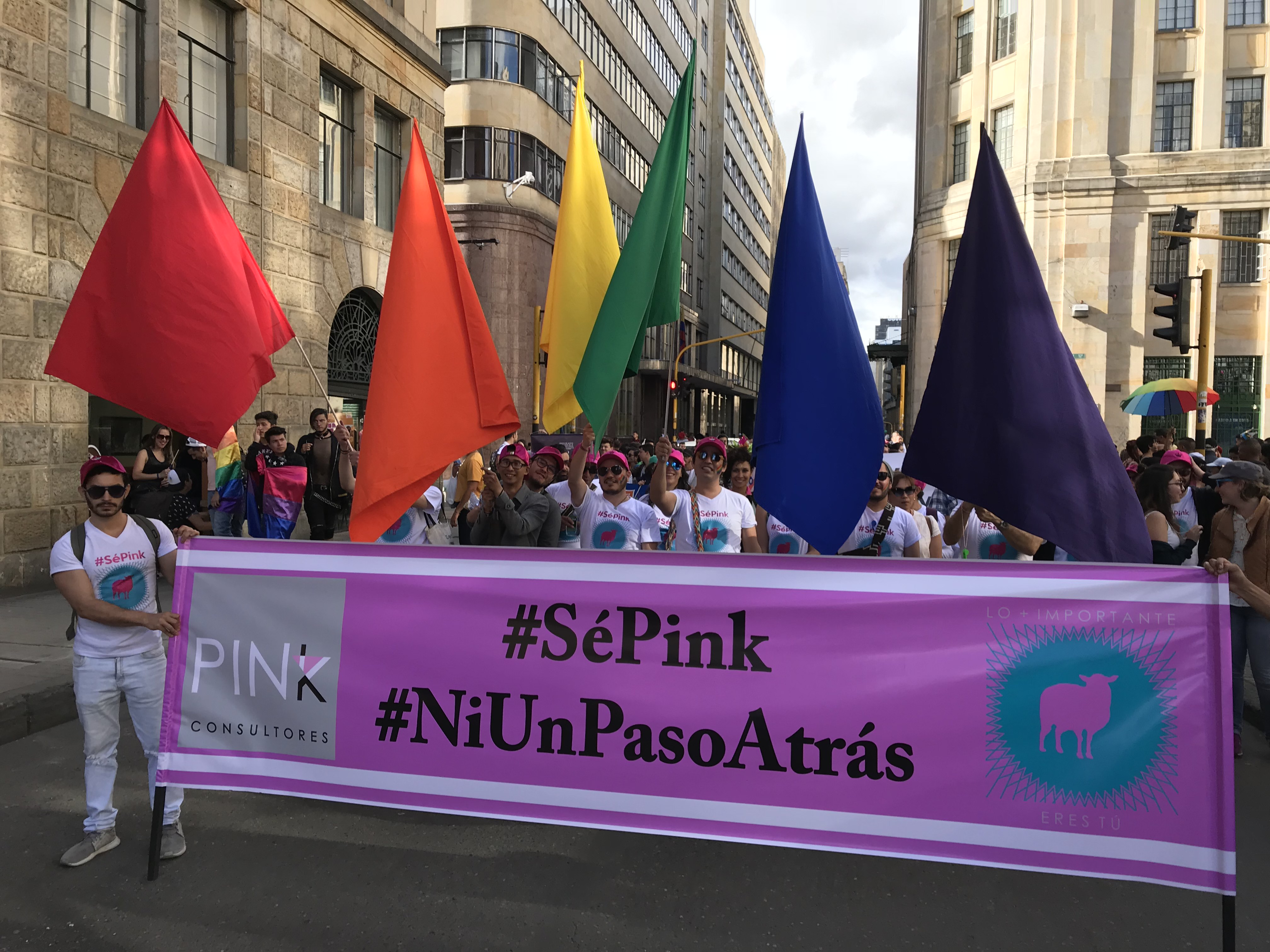



 my mind. I am renouncing my Fellowship as I feel incredibly angered by their incompetence and duplicity. I realise this is an empty gesture as probably no-one gives a fuck, not least anyone at BACP, but I feel contaminated by associating my name and reputation with theirs. I’ve had enough of them!
my mind. I am renouncing my Fellowship as I feel incredibly angered by their incompetence and duplicity. I realise this is an empty gesture as probably no-one gives a fuck, not least anyone at BACP, but I feel contaminated by associating my name and reputation with theirs. I’ve had enough of them!